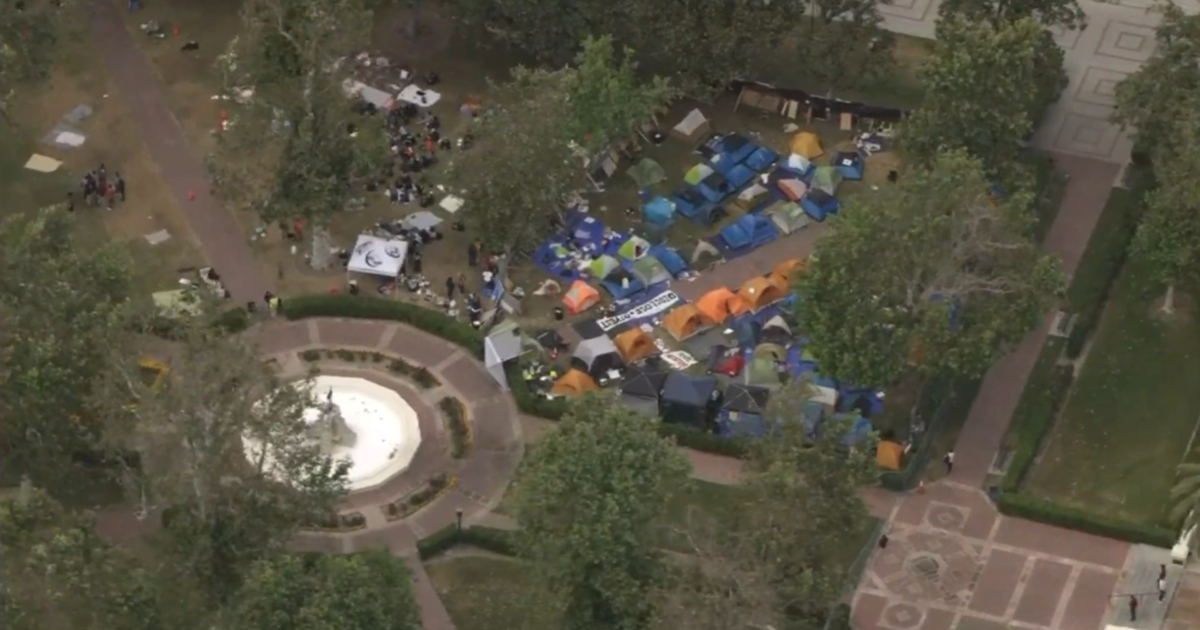Culver City elderly woman loses thousands to check fraud
A Culver City holocaust survivor lost thousands of dollars after her caregiver allegedly stole her check book.
Berta Sklanslky, 93, did not even sign some of the checks that were deposited yet the bank refused to refund her money when she first reported it. She said she felt betrayed by her caregiver of 3 months, who is accused of stealing $5,500. The woman allegedly took Sklanslky's checkbook and started cashing fraudulent checks.
People are being warned not to mail checks -- or to use a secure mailbox -- as check fraud is on the rise nationwide. In 2022, 680,000 claims of suspected check fraud were reported to the federal government. That's nearly double from the year prior.
However, in Sklanslky's case, the person who allegedly stole from her was someone she welcomed into her home.
"I still feel very hurt because I trusted her," Sklanslky said. "And every check was either not signed by me or signed by her name."
In total, nine checks without Sklanslky's signature were allegedly cashed by the caregiver. Sklansky didn't notice the missing money right away, something that made it difficult to get it reimbursed. She was initially only able to get two of the checks refunded by her bank, Wells Fargo, because 30 days had already passed since the first seven were cashed.
"I said, 'Look, I'm 93-years-old, and I have been with your bank for 40 years. I think I know how to deal but I never knew how to deal with people who steal," Sklanslky said.
The bank later agreed to reimburse all of her checks, Sklanslky said.
"We understand the frustration that victims feel after a fraud event. We want to do all that we can to help customers avoid, detect and quickly report fraud," Wells Fargo said in a statement. "We take financial exploitation seriously, and are actively working to raise awareness, and provide our customers the resources they need to identify fraud and get support."
Banks generally do not manually process checks, according to the federal Office of the Comptroller of the Currency. However, they are typically required to repay the victim of check fraud -- unless the customer's actions are found to have enabled or made the fraud possible.
Wells Fargo declined to comment further on the case, citing privacy laws. The bank did state that it encourages customers to set up account alerts so they can detect fraud immediately and to keep their checks in a secure location.
Meanwhile, the nonprofit that matched the caregiver with Sklanslky, Jewish Family Services of LA, said the woman is no longer working with them.
"We are acting as quickly as possible to ensure that this client is made whole," the nonprofit said in a statement. "At the same time, we are working closely with law enforcement on its investigation into this matter."
Sklansky said she filed a police report but was worried the caregiver, a nursing mother with an infant, would be sent to jail.




